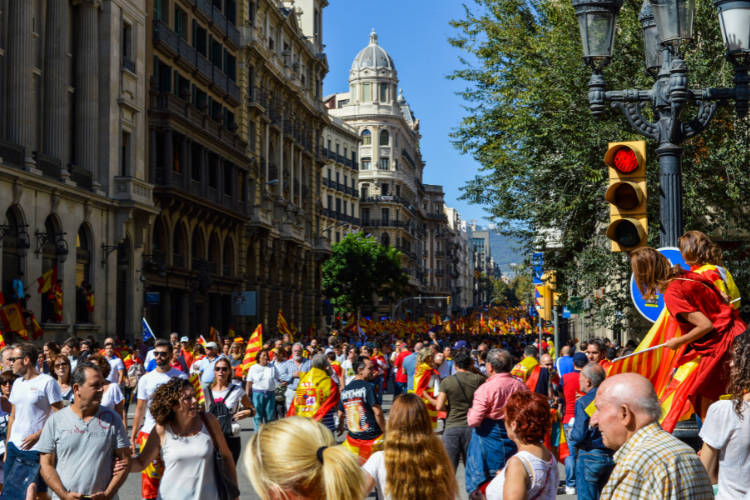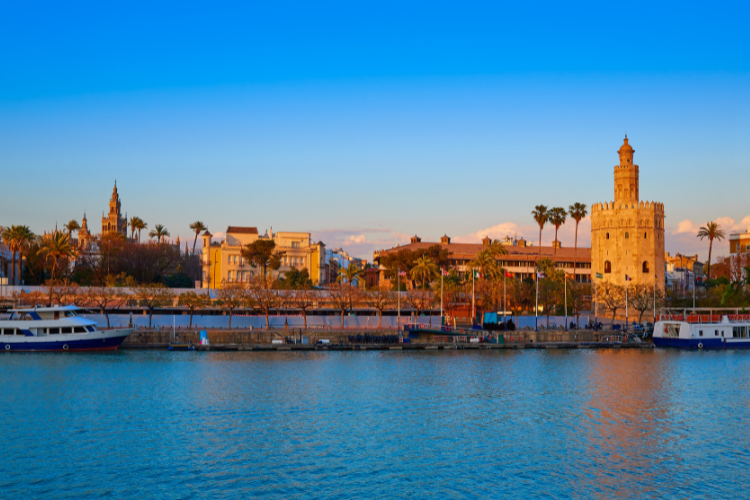Last Updated on April 16, 2024 by
Few people see any sense in studying the family reunification process in Portugal, and the reason is simple: It seems logical that if any family member has already gone through the residence permit process and it was approved, his/her family may also move to Portugal.
This is, indeed, true.
The thing is, for the family reunification procedure, not all family member is considered eligible to apply for the procedure.
In this Q&A-type article, we will understand who can apply for the family member reunification, and also the documents to be collected, according to the situation.
We will also answer some “not so logical” questions related to this procedure, so you don’t have to worry about bringing to Portugal your spouse, kids, parents, or whatever member that the law authorizes.
Let’s jump to the questions.
What is the family reunification process?
The family reunification process is a way to authorize the family member of the holder of the Residence Permit in Portugal so that the family can live together in Portugal.
If this procedure did not exist, all family members would have to undergo the ordinary visa procedure to live legally in Portugal, such as applying for the D1, D2, D3 visa, and so on.
This Family Reunification process is regulated in Portuguese Foreign Law, in article 98, as follows:
1 – Citizens with a valid residence permit are entitled to family reunification with family members who are outside the national territory, who have lived with him/her in another country, who depend on him/her, or who cohabit with him/her, regardless of whether family ties are before or after the resident’s entry.
2 – In the circumstances referred to in the preceding paragraph, the right to family reunification with family members who have legally entered the national territory and who depend on or cohabit with the holder of a valid residence permit is also recognized.
Even if this article does not mention other forms of Family Reunification (that will be covered in this article), we already know that to proceed with this application:
- The first family member must hold a Residence Permit in Portugal (let’s refer to him/her as the “holder”).
- The other family member to undergo this procedure must be outside Portugal.
- The links (between the family member and the holder) do not need to be established before the holder’s entry into Portugal.
In fact, as stated in Decree 84-2007, the Family Reunification procedure may also be required when the family member is already in Portugal, if, and only if, he/she entered Portugal legally, that is, with a visa (when required).
Therefore, family reunification can be requested if the family member is outside or inside Portugal.
Normally, if the entire family intends to arrive together in Portugal, the family member that will request the family reunification (that takes place in Portugal) can apply for a short-stay visa (Schengen Visa) to arrive in Portugal while the holder requests the Residence Permit.
If you got confused with this process it is because you don’t know how the visa procedure works in Portugal. Therefore, we suggest reading the article “All About Visas in Portugal“.
After the holder obtains the Residence Permit, his/her family may request Family Reunification.
Who can apply for family reunification?
According to article 99, these family members (of the holder) can apply for family reunification:
- The spouse.
- The partner (stable union).
- Minor or incapacitated children in charge of the couple or one of the spouses (holder).
- Minors adopted by the couple or the holder.
- Older than 18 children, dependent on the parents (holder), who are single and are studying at an educational establishment in Portugal.
- Minor brothers who are under the tutelage of the holder.
- Parents, as long as in charge of the holder.
Are same-sex marriages recognized in Portugal?
Yes, since 2010. Both marriages and stable unions between same-sex people are recognized in Portugal. One of the many achievements of the LGBTQ+ community in Portugal.
How is the application procedure?
The Family Reunification application takes place in Portugal and must be started by the holder of the residence permit.
Usually, the procedure occurs when the holder is already in Portugal.
After the collection of all documents for family reunification, the holder must schedule a meeting at SEF to initiate the request.
The family, however, does not need to be in Portugal, as there are two procedures to request family reunification, which are:
- When the family member is already in Portugal.
- When the family member didn’t travel to Portugal yet.
For both cases, an important document to present is the proof of the legal entry in Portugal. Thus, if there is a need for a visa for the family member to enter Portugal (for example, the Schengen Visa), the family member must present it when proceeding with the family reunification process.
How long will the family member be allowed to live in Portugal?
After approval of the family reunification process, the family member’s Residence Permit will correspond to that of the holder. They will be linked.
Thus, the family member can remain in Portugal for the same time as the holder.
Whenever the holder renews this Residence Permit, the family member must do the same.
Will the family member be able to work or develop a business in Portugal?
The answer is maybe.
If the holder’s Residence Permit allows him/her to work or develop a business, then yes.
In any case, if there is any restriction on the development of activities in Portugal, normally this restriction will be printed on the Residence Card, on the back.
Will the family member have access to the Public Health System in Portugal?
Yes, as long as he/she requests the Utente number at the local health post.
What if the family member decides to apply for a different visa?
It is possible to apply for another visa or even a Residence Permit. Therefore, the family member will no longer be linked to the holder.
Be aware that for most visa applications the procedure starts at the Portuguese consulate, outside Portugal.
Also, there are other ways to become legal in Portugal, when in Portugal, as stipulated in the Foreigner Law. For more information, click here.
If the holder becomes illegal in Portugal, will I be affected?
Yes, as the two Residence Permits are linked to each other.
Therefore, for the family member (who has gone through the family reunification process) to become legal again, the holder must regularize his situation.
Will I be able to apply for the Permanent Residence Permit or the Portuguese Nationality?
Yes, by residing legally for at least 5 years in Portugal both the holder and the family member will be able to request their Permanent Residence Permit or even the Portuguese Nationality.
This was our Q&A about the Family Reunification process.
If you have any questions regarding this procedure, please let us know in the comments below.
It will be a pleasure to help you with this topic.








